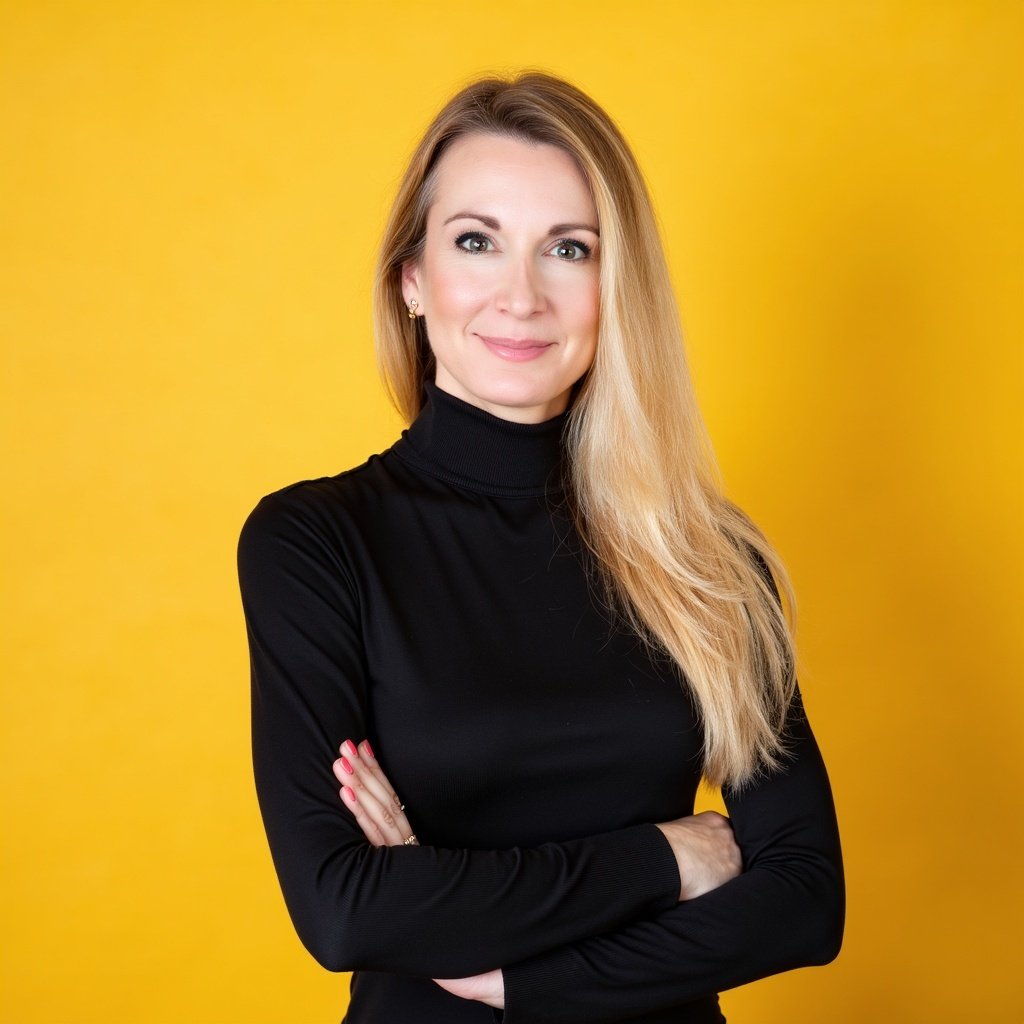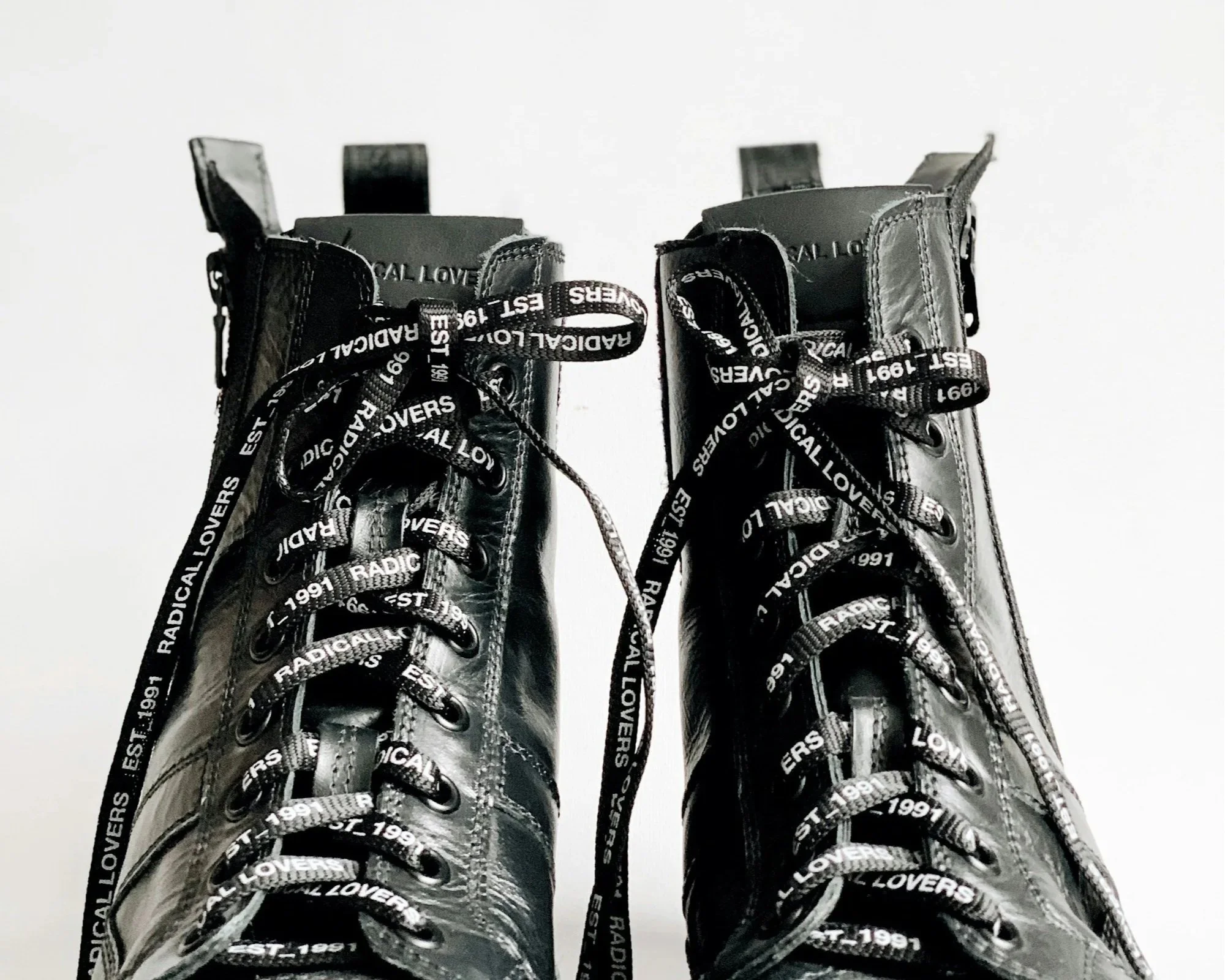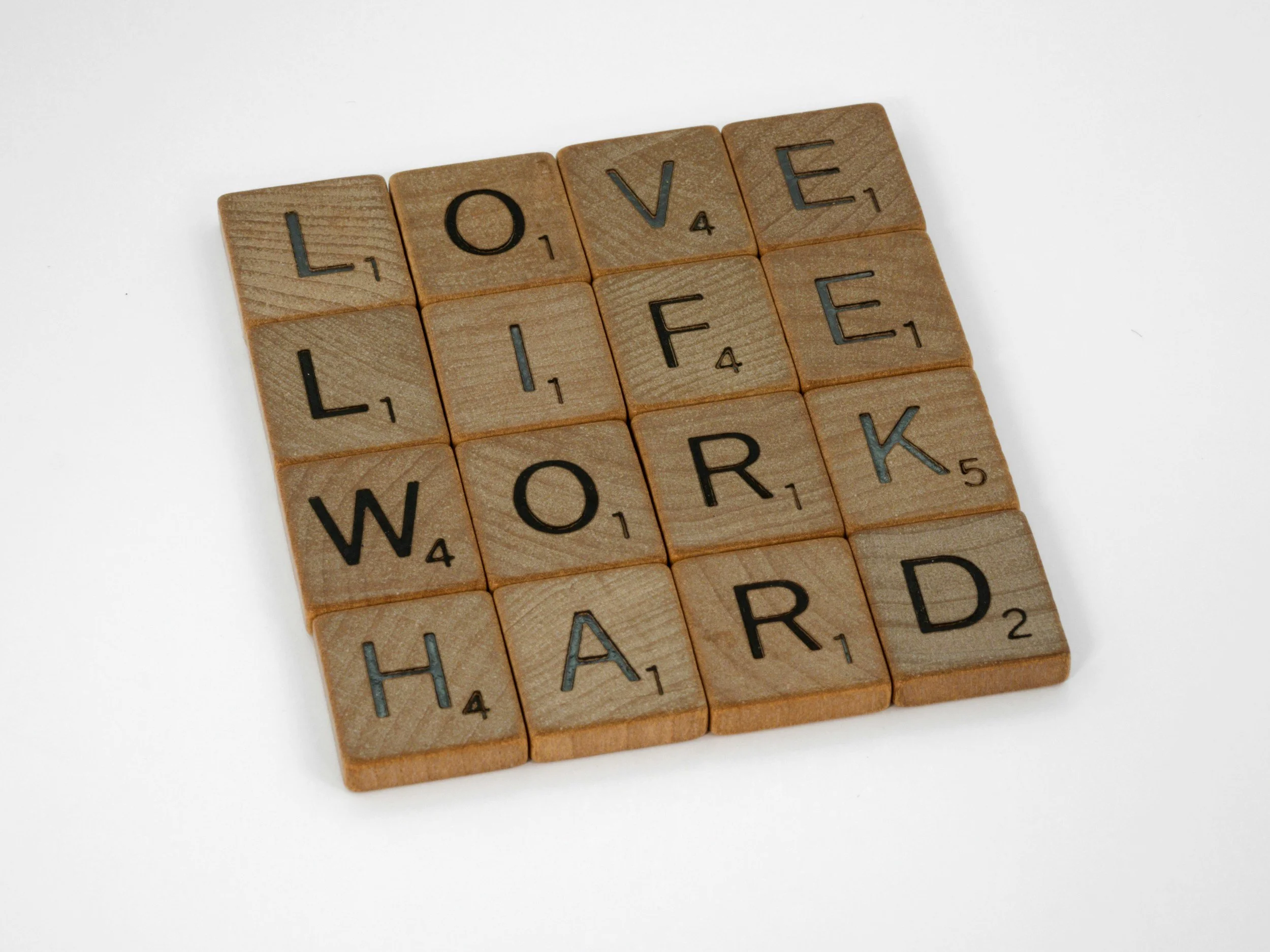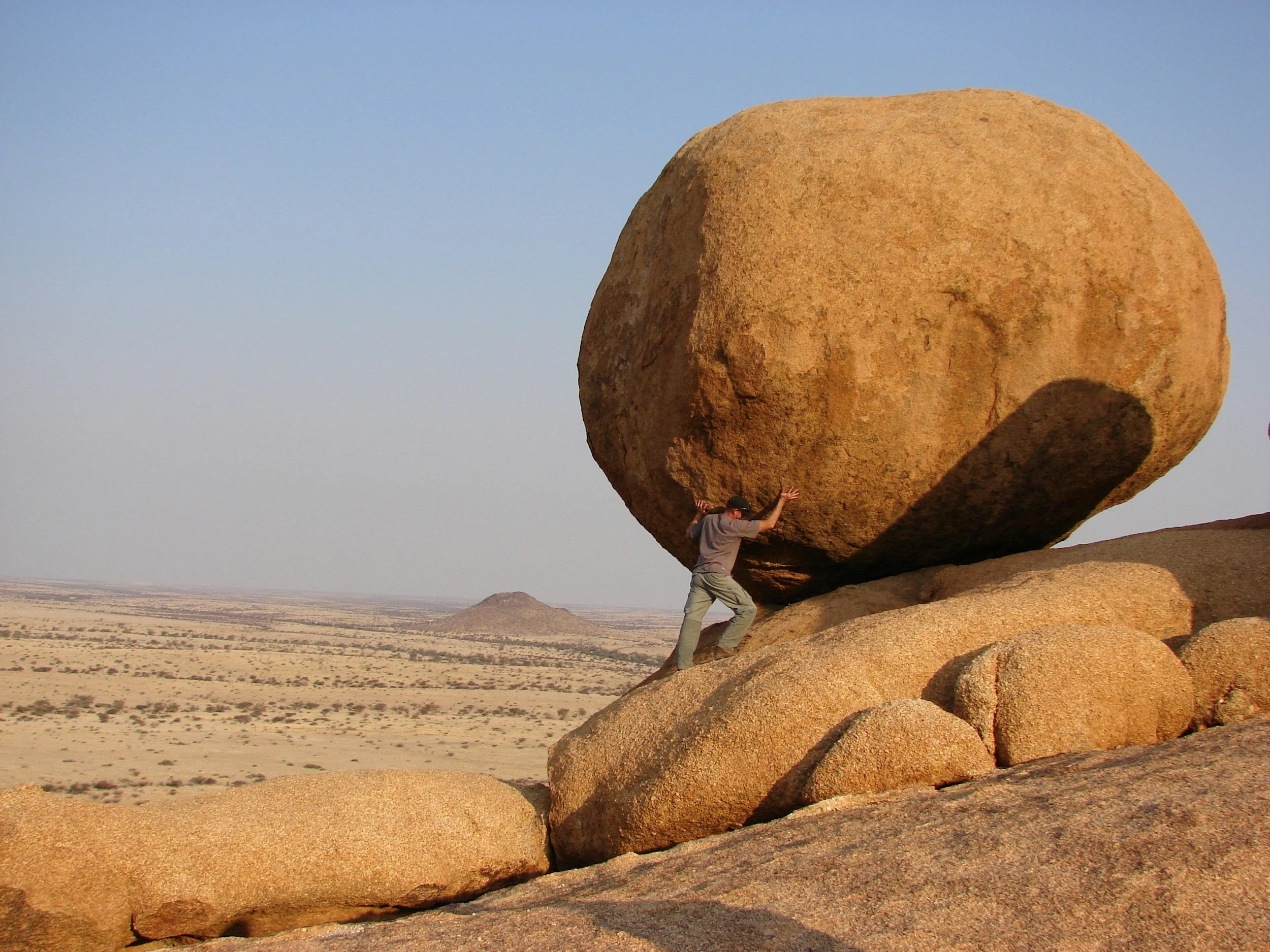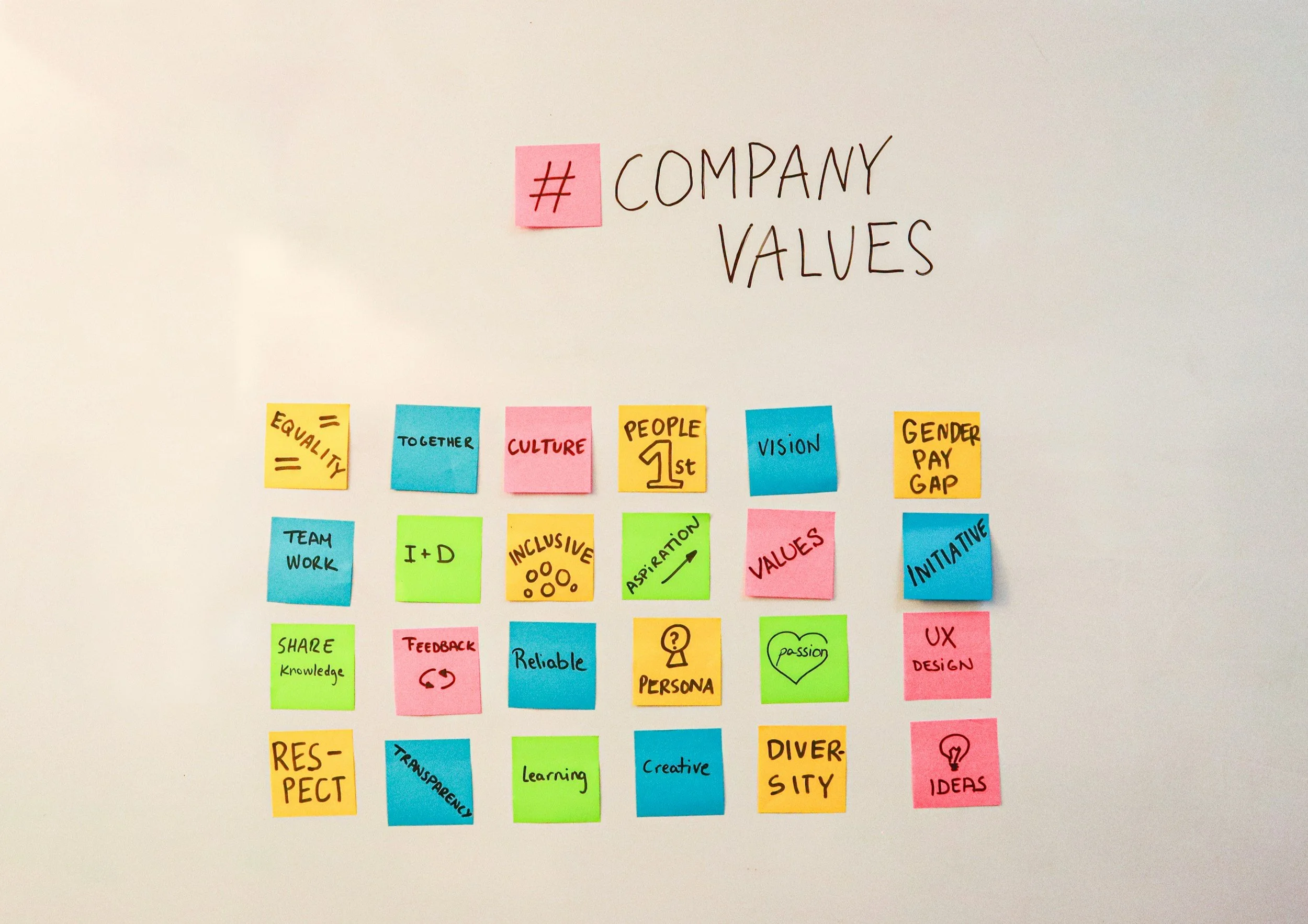Writing|Where stories meet (social) science
Research-Driven Storyteller
With degrees in anthropology and journalism and a master's in writing, I use social science methods to explore the intersection of psychology and business in our evolving work landscape. Skills developed from participant observation make me uniquely attuned to relationships, work styles, and the subtle interactions that reveal authentic human motivations.
Monetizing our hobbies
What happens when we monetize our hobbies? This question often flows from the cultural pressure to "follow your passion." Rather than enjoying an activity for the mental and emotional benefits it provides, we're constantly nudged toward selling everything we make — jewelry, crafts, artwork, writing. Etsy, Patreon, and Substack have made this easier than ever
The Evolution of Work in the 21st Century
Almost every generation faces these accusations as they come of age. It’s not because they are of a particular generation; it’s because they are teens who have underdeveloped frontal lobes and lack the keys for decision-making and executive function. But is there something to the idea of a generational work ethic?
What’s the point of thousands of LinkedIn connections?
When hiring, it’s tempting to assume that a candidate’s expansive LinkedIn network will unlock partnerships, revenue, or rapid growth. In reality, most people can actively leverage only a small fraction of their connections.
Ridiculous and crazy work stories #1
It’s hard to believe the poor behavior that surfaces in companies—and even harder to believe how much of it is tolerated. In this series, I’ll share the crazy, ridiculous, and downright absurd workplace stories I’ve experienced or collected over the years, starting with one of my own: The Seatbelt.
The fallacy of pulling yourself up by your bootstraps
It is human nature to think that because you had to struggle to accomplish something, others should, too. How is it fair if they get something without putting in as much work as you did?
Workplace boreout
But what if it’s not burnout you’re experiencing, but rather “boreout”?" Workplace boreout is under-stimulation. We lose energy and motivation, similar to burnout, but because we aren’t learning and do not have the ability in our current role to generate new ideas, meet new people, or grow.
Quiet quitting or quiet cracking?
Quiet cracking is when an employee experiences a gradual decline in job satisfaction and engagement, often without noticeable outward signs like decreased performance. It's subtle and differs from quiet quitting, where one might intentionally reduce their effort. Quiet cracking can manifest as a general feeling of being unfulfilled, stuck, or undervalued, and it can lead to decreased well-being and even physical symptoms like headaches or sleep disturbances.
Job Titles - From basic to absurd
Today, a quick perusal of LinkedIn will show nearly everyone wears multiple hats and identifies as more than a single job title. Since when did a single job title become a bad thing? If you are a Chief Financial Officer (CFO), must you also be a strategist, author, and “Wizard of Light Bulb Moments (yes, that’s a real thing), all within your title line?
Workload is ruining our health
Would you put yourself in isolation- no friends, family, or technology, for a health break?
Companies often respond instead by pushing for individual resilience or providing onsite stress management programs, such as Employee Assistance Programs (EAP), yoga, or intermittent onsite massage therapy.
Getting realistic about organizational capacity
In this conversation with Luminus Media CEO Tim Bouchard, I share the reality that all the marketing efforts in the world can't fix a poor product or service and why sustainable growth requires brutal honesty about your capacity, capabilities, and what you can actually deliver to patients.
The importance of being a learning organization
Remember that an organization that focuses on thinking, collaboration, and skill development keeps employees engaged, is agile, and can adjust to new challenges, industry changes, and market demands.
Identifying your strengths
I studied anthropology and journalism, and both helped me become a better listener, be mindful of body language and cues, and develop better self-awareness. I know these are my strengths, so I use them to my benefit and to those around me. Developing and honing self-awareness is a continual opportunity for growth.
How to build a marketing function from scratch in healthcare
In this episode, Michele Hart, Director of Marketing and Communications at BostonSight, shares how she built a marketing function from the ground up for a unique nonprofit healthcare organization that operates both clinical services and commercial product lines. Michele discusses the strategic challenge of managing brand identity across multiple business verticals while serving diverse audiences including patients, medical practitioners, and donors.
Why you should take every vacation day you earn
People might not be taking vacation time because they are unable to tune out work when they are away. And what’s the point of sitting on the beach if you’re taking Teams meetings in your sunhat? If policies and support aren’t in place to allow workers to truly have time away, then companies must re-evaluate workloads and backup systems.
AI Slop and the future of information
Can you tell fact from fiction? It’s just going to get harder thanks to AI. As a marketer, I am well aware of AI’s capabilities in writing and design. It’s a useful tool for strategy and outlining, in my opinion, but it still has a long way to go as far as replacing humans for solid, responsible output.
MLMs are a cult
MLMs are a cult. I experienced one firsthand.
One of the company execs came out on stage, multi-colored lights flashing, rock music blasting. The crowd erupted, and everyone stood, screaming and shouting. It was like being at a rock concert in the eighties.
Implementing a new protocol into corporate culture using 5 key steps
Need to roll out a new organizational initiative or protocol? Change in organizational culture comes last, not first. You cannot tell a team to change its culture and expect it to happen, but you can create buy-in and make the process smoother by following these 5 simple steps.
What’s your leadership persuasion style?
In “The Art of Woo” by G. Richard Shell and Mario Moussa, the authors outline five leadership approaches to persuasion:
Driver
Commander
Promoter
Chess Player
Advocate
Core values worksheets to improve organizational culture
Core values act as a north star for an organization, providing shared purpose and guideposts on whether an initiative is a fit with the organization. They tell the public who you are as a company and what they can expect, and core values align internal staff on how to operate so that the organization can succeed. Use this simple set of questions to find your Core Values.
Meeting the CEO of The Body Shop
In 2000, when I was 25, I went on my first solo overseas trip. It was Thanksgiving, and I took advantage of an extra few days off from work to travel. I booked a trip to London and stayed in a hostel, using it as my base to explore the city. In the mornings I’d have breakfast with a woman from South Africa, whom I met at the hostel, and in the evenings, I read Franny and Zooey at the pub down the street over a beer and cottage pie.

